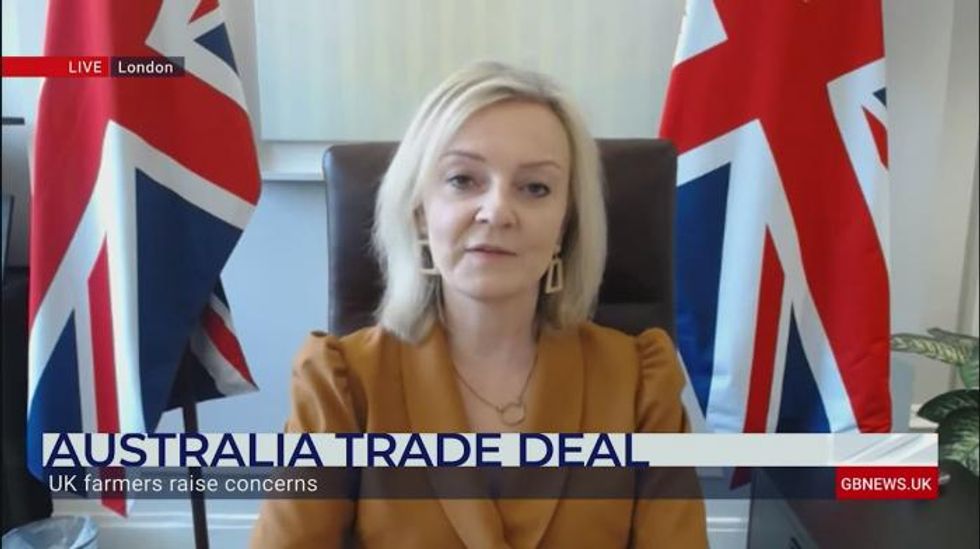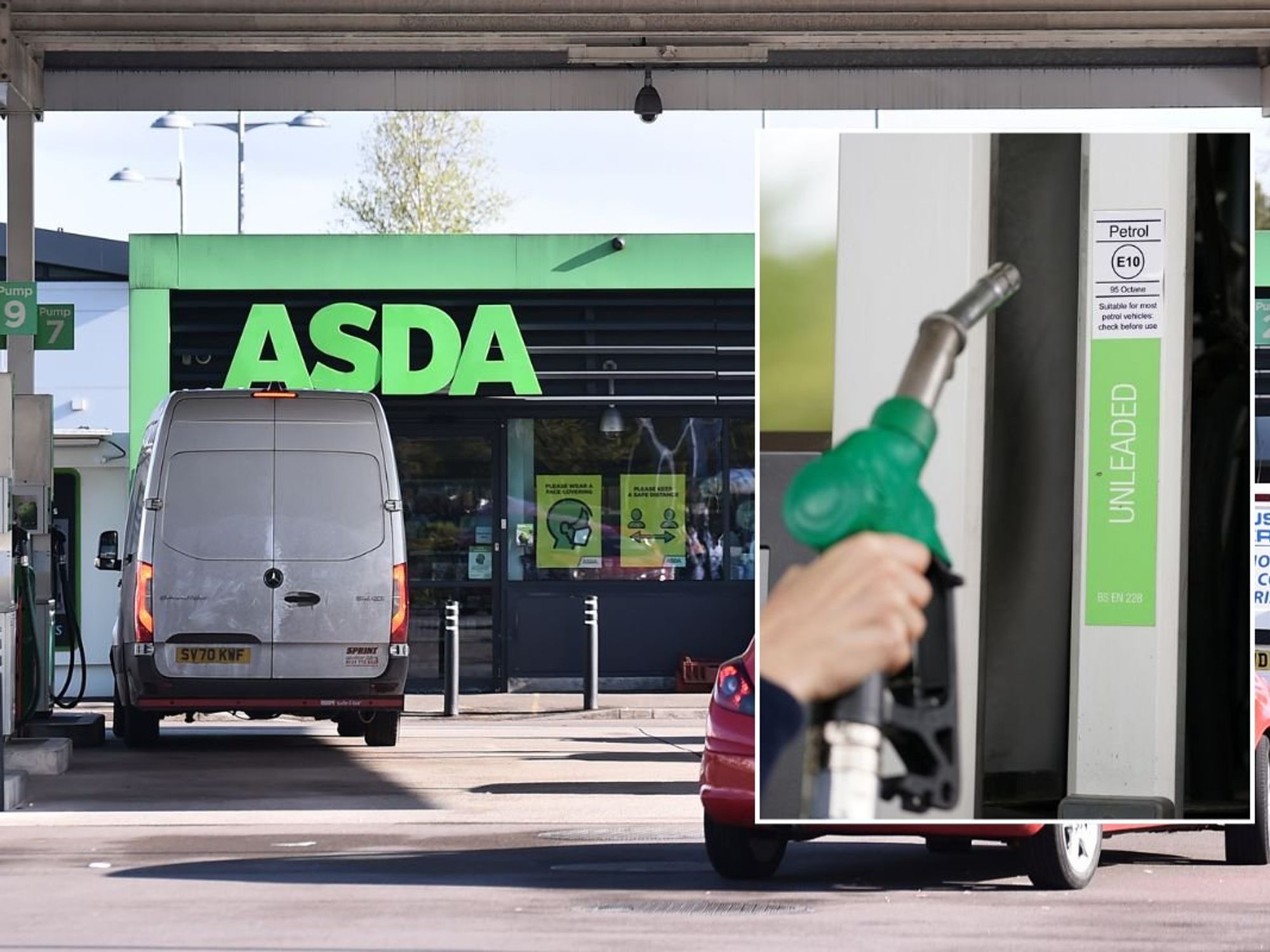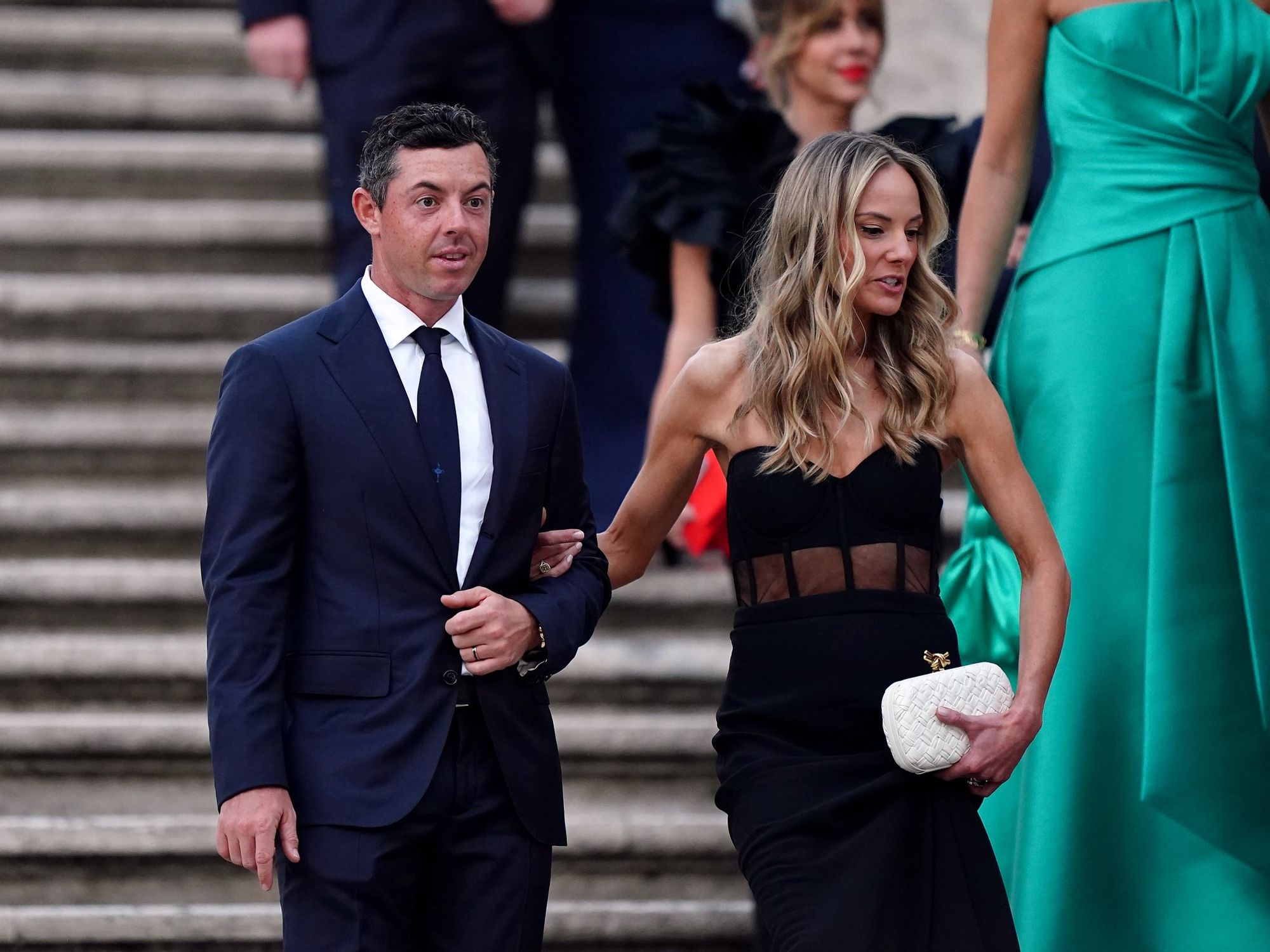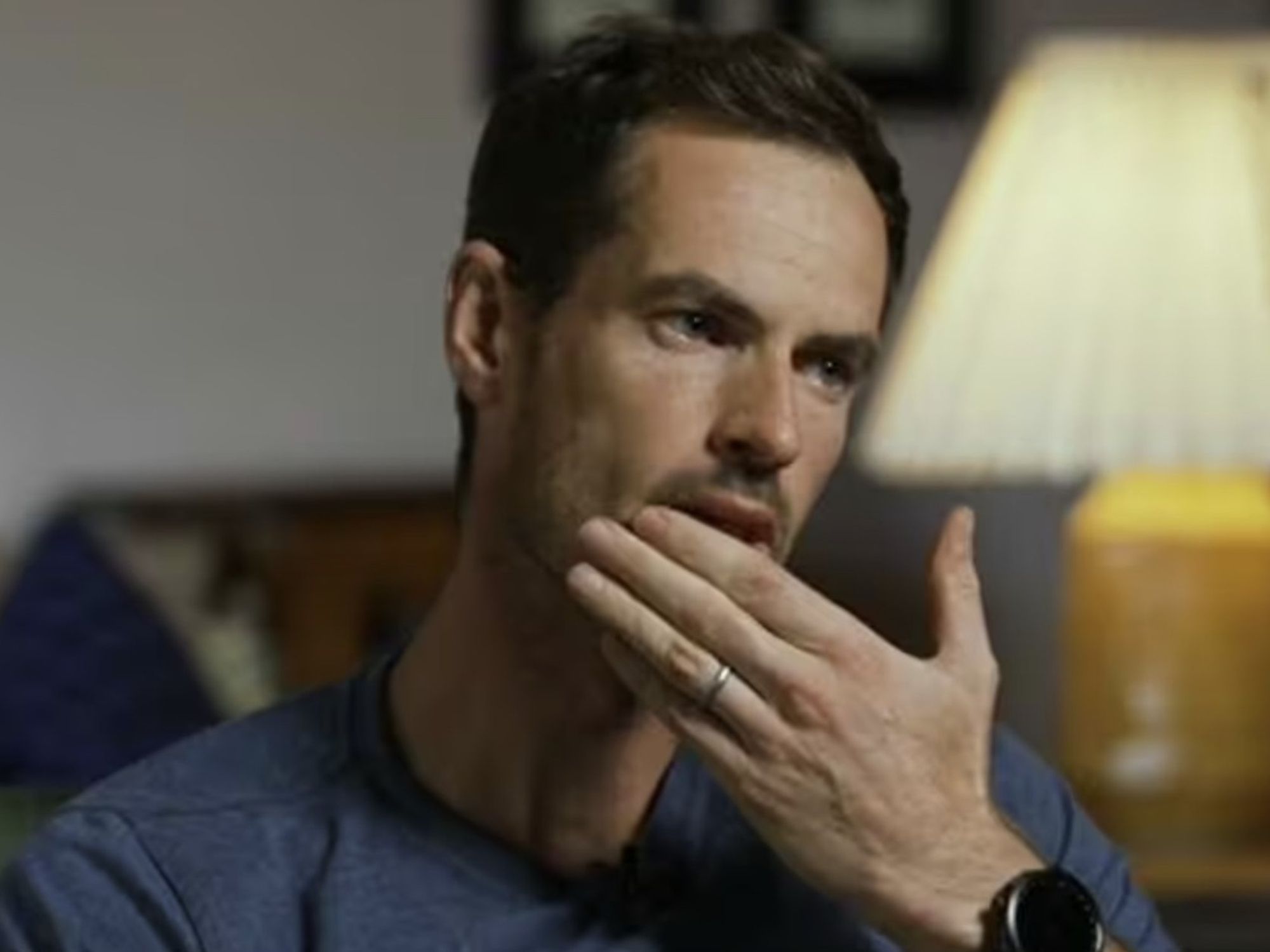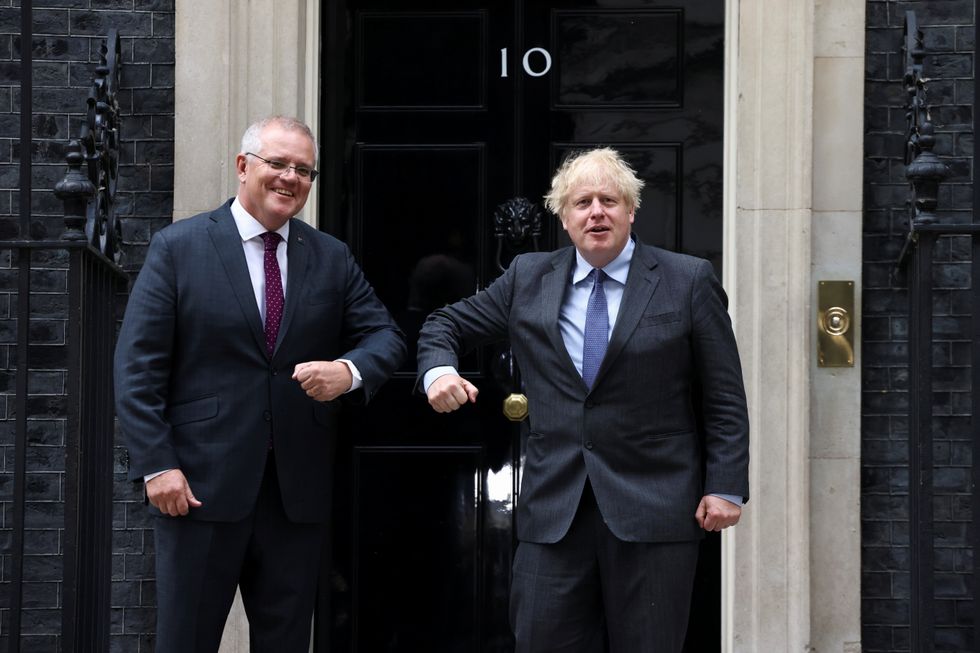UK to start trade talks with US, India, Canada and others, says Liz Truss
The International Trade Secretary told GB News talks will start with a host of other countries after the UK's successful trade negotiations with Australia
Don't Miss
Most Read
The UK-Australia trade agreement paves the way for further deals with other foreign nations, international trade secretary Liz Truss told GB News, and revealed plans have been made for talks with the US, India, Canada, New Zealand and others.
Appearing on the Brazier and Muroki show, Ms Truss said consumers can expect tariff-free goods products like cars, Scotch whisky and confectionary will be cheaper to sell to Australia because of the tariff-free agreement, while British farmers will be protected by a cap on tariff-free imports for 15 years.
She told GB News: "As well as being a great deal in itself, it's also an important stepping stone for the UK joining the Trans-Pacific Partnership. That's a major trade area - 500m people, lots of people there want to buy high-quality goods Britain is producing.
"This is about the deal with Australia, but also about signing up to the Trans-Pacific partnership as well."
She added: "I've got the New Zealand trade minister coming tomorrow so I'm hoping to accelerate talks there. We're also working on a new, more advanced deal with Canada and Mexico.
"We are due to launch negotiations with India in the autumn and I'm in talks with the US as well, so there's no shortage of countries who want to do deals with the UK."
Prime minister Boris Johnson insisted the Australian trade deal will benefit British farmers following fears from the sector that they could be undercut by cheaper imports.
Liz Truss
There's no shortage of countries who want to do deals with the UK
However, the National Farmers’ Union (NFU) has called for more information on the protections for UK farming businesses, while also raising concerns over possible compromises on food standards.
Labour has also accused the Government of “screwing over our farmers” after Australia’s trade ministry revealed that tariff-free protection periods would stop in five years for dairy products, and after 10 years for beef and lamb.
NFU president Minette Batters said in a statement: “We will need to know more about any provisions on animal welfare and the environment to ensure our high standards of production are not undermined by the terms of this deal.
“The ultimate test of this trade deal will be whether it contributes to moving farming across the world onto a more sustainable footing, or whether it instead undermines UK farming and merely exports the environmental and animal welfare impact of the food we eat.”
British Prime Minister Boris Johnson bumps elbows with Australian Prime Minister Scott Morrison at Downing Street in London, Britain, June 14, 2021. REUTERS/Henry Nicholls
HENRY NICHOLLS
Similarly, animal welfare charity the RSPCA said that the agreement could set a “worrying precedent” and sought reassurance that standards on imports would be equivalent to that of the UK.
Chief executive Chris Sherwood warned that it is legal in Australia to mutilate the rear end of sheep, while chicken can be washed with chlorine and almost half of cattle are given growth hormones.
He added: “The UK should be proud of its animal welfare standards and strive to maintain and improve them, but there’s a danger this is being sold out for the sake of a quick trade deal.” Mr Johnson said the trade agreement will adhere to the “strongest possible” animal welfare standards, while Mr Morrison insisted that Australian standards were “very high”.
Downing Street also sought to ease concerns over animal welfare, telling reporters that hormone-fed beef will not be allowed to be sold in British supermarkets under the pact.
The Prime Minister’s official spokesman told Westminster reporters: “We are absolutely not compromising our high animal welfare and food safety standards.”
Elsewhere in the agreement, UK citizens under the age of 35 will be able to travel and work in Australia more freely – scrapping the requirement for farm work. Previously, Britons under the age of 30 could work in Australia for two years and were required to spend time working in agriculture to do so, but those under 35 can work there for three years without this under the new deal.
However, further details of the free trade deal have so far been sparse, with the announcement by Downing Street lacking specifics on when the agreement comes into force and what other sectors are set to benefit.


